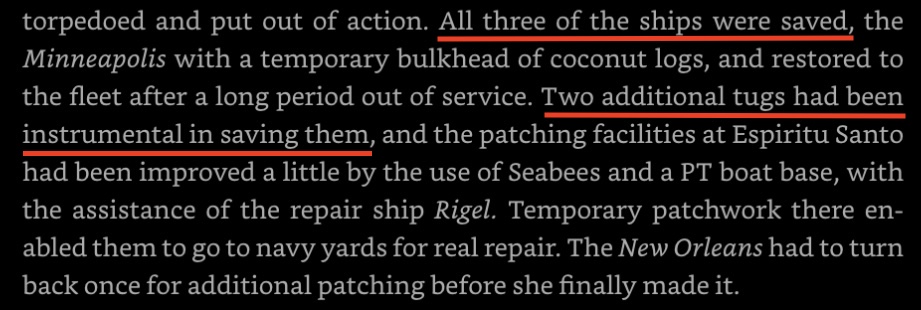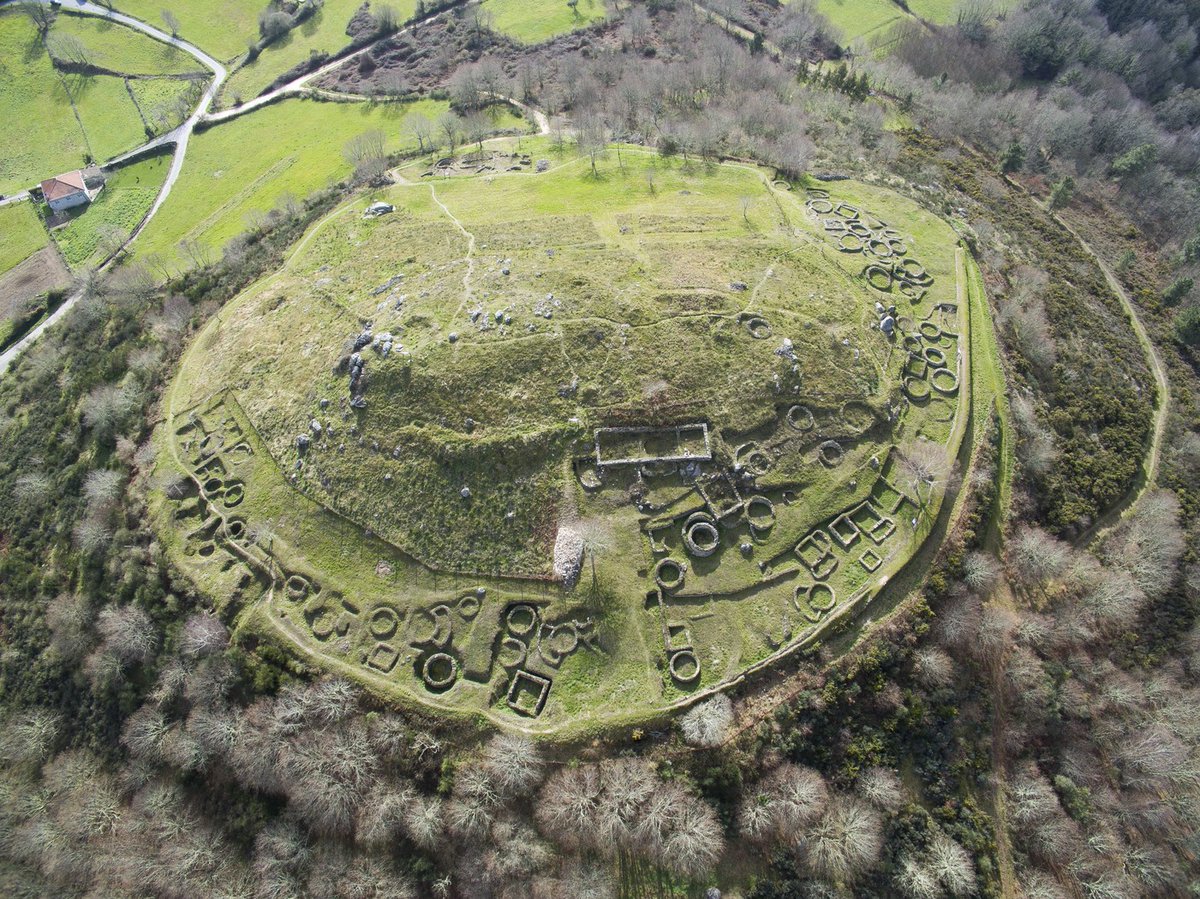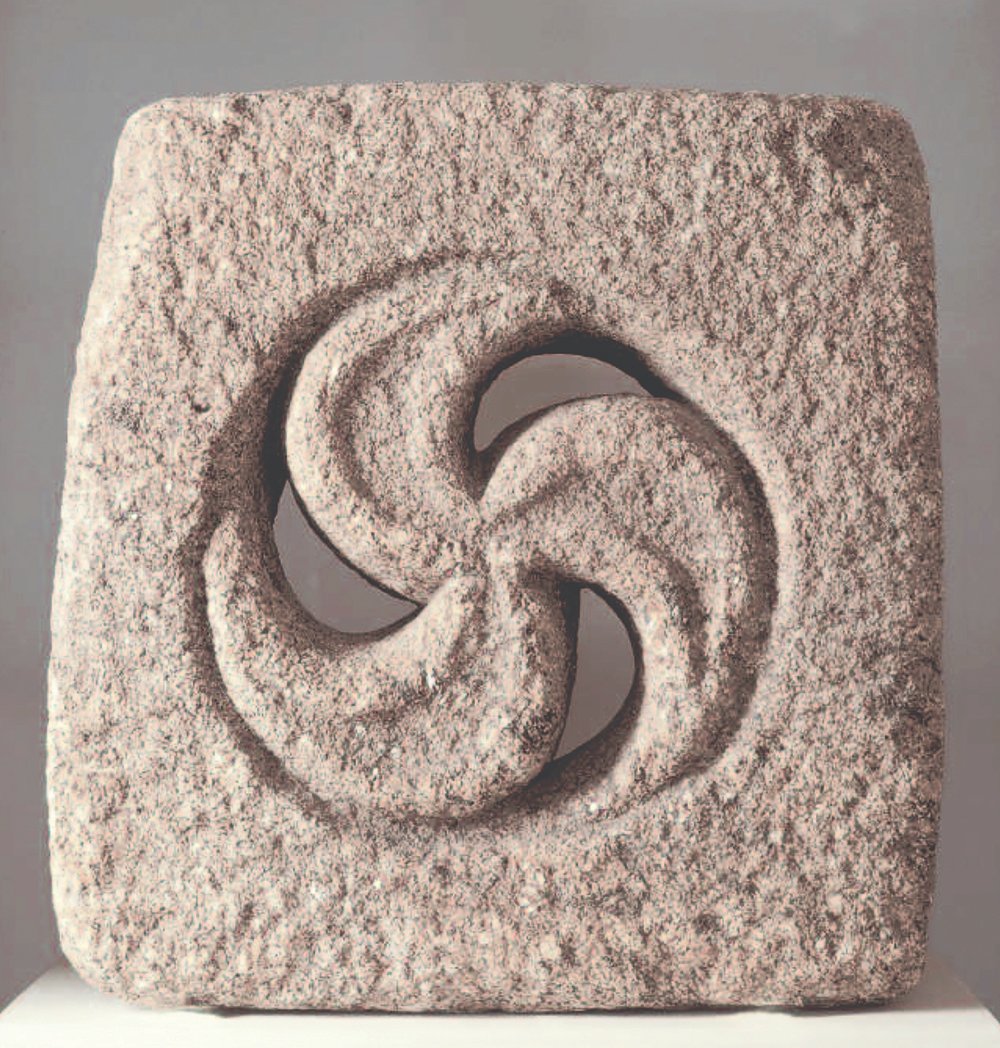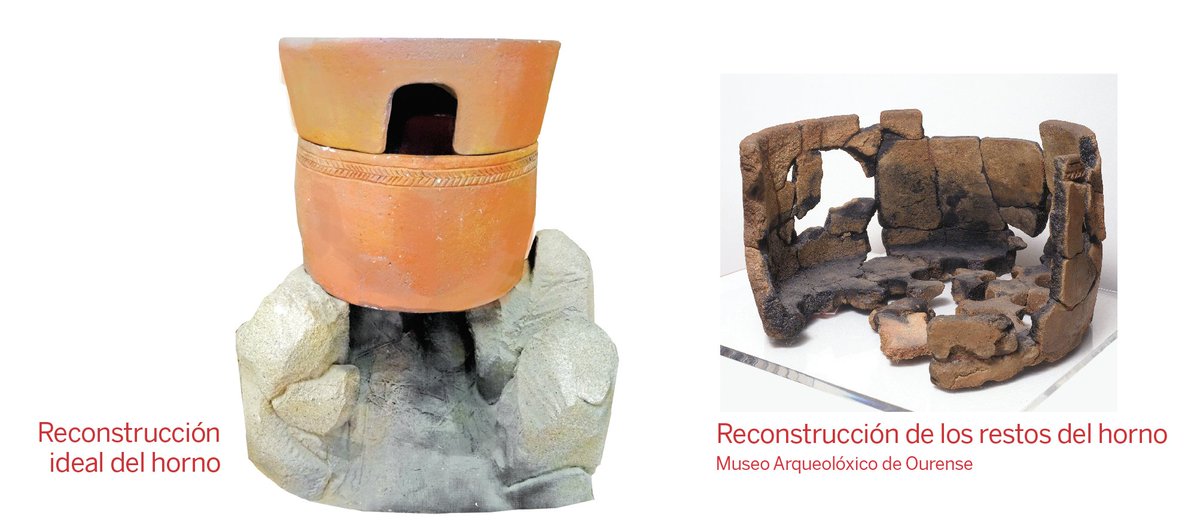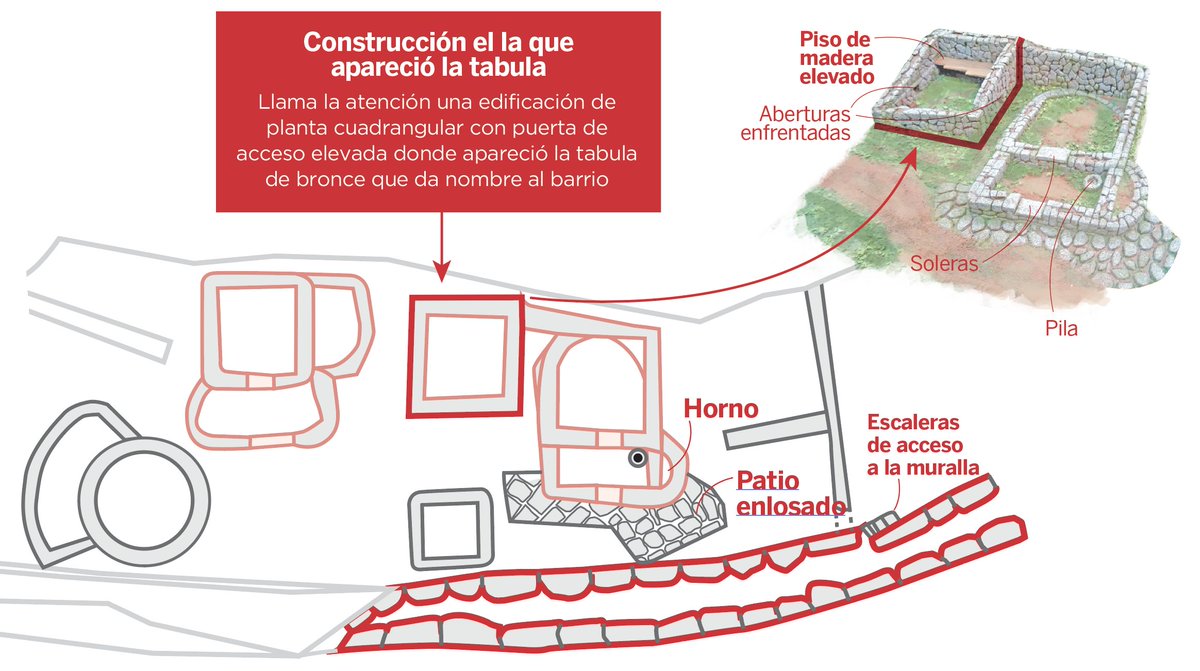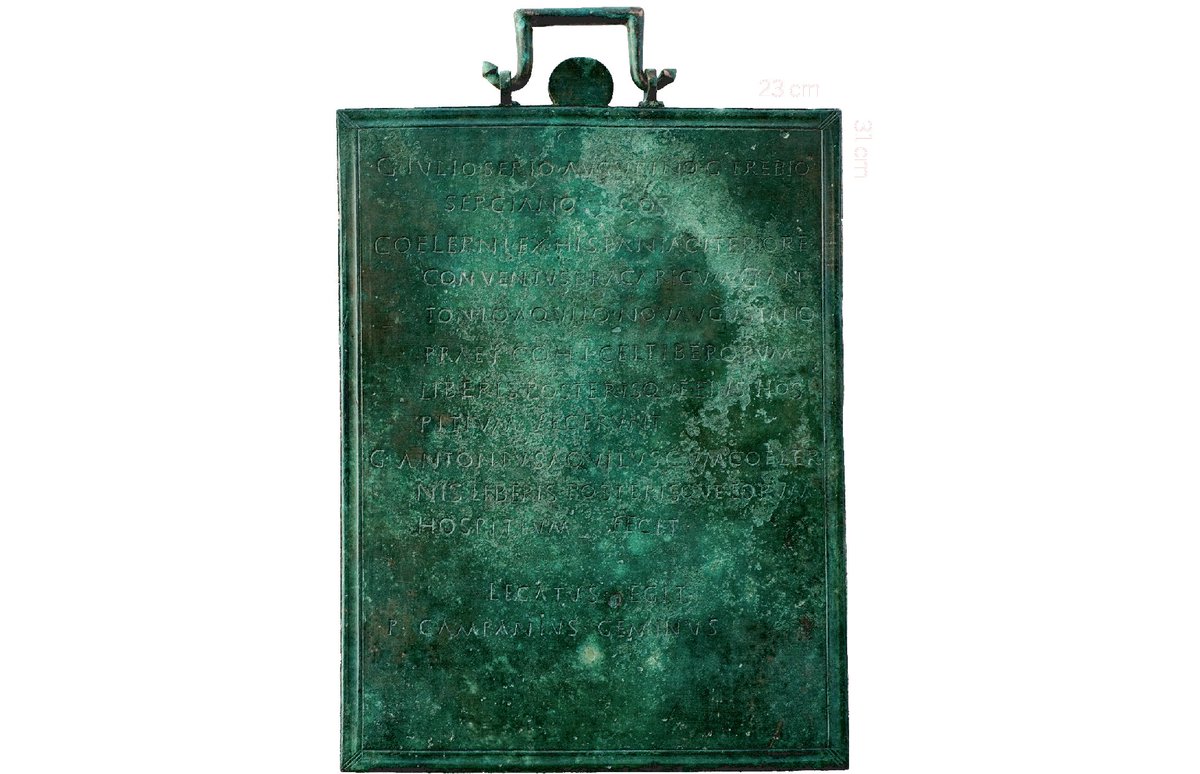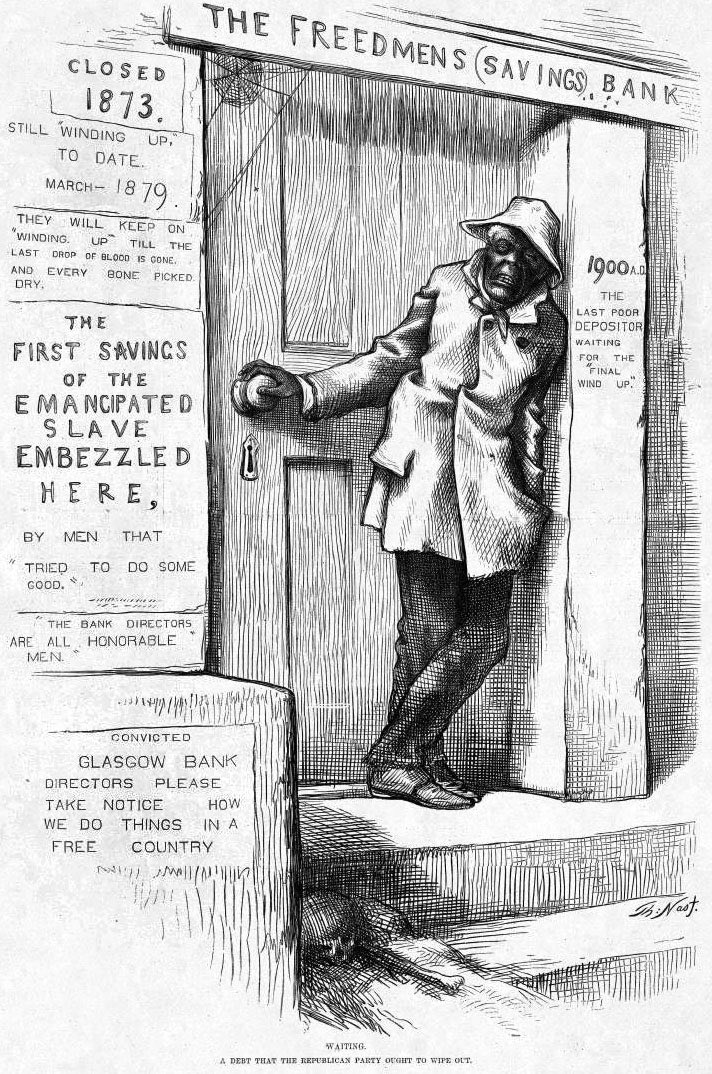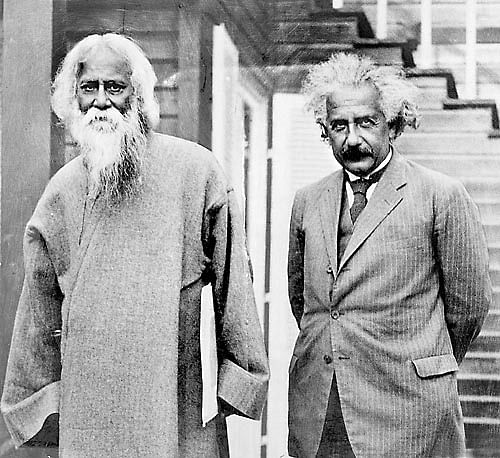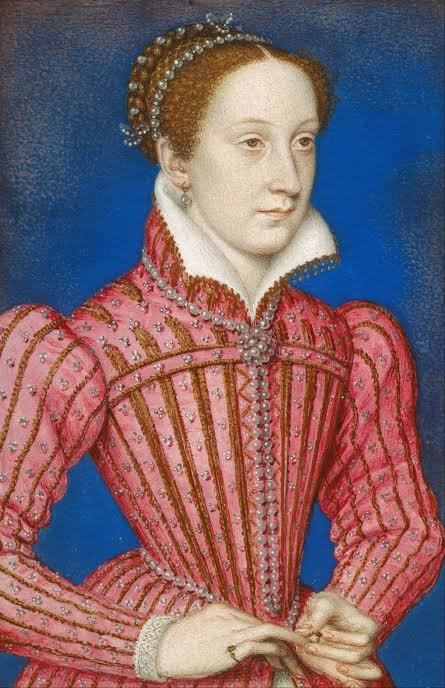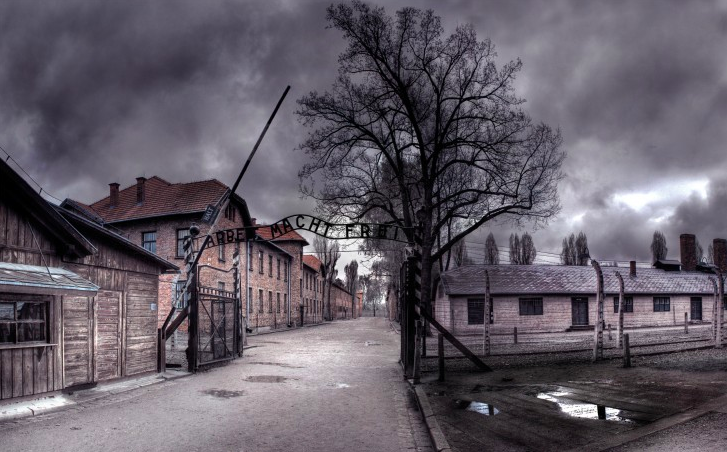Categories History
7 days
30 days
All time
Recent
Popular
#Kanishka I was, the greatest, and certainly the most famous, of the #Kushan kings.
He is known, from the combined testimony of the literary, epigraphic, and numismatic sources, to have ruled over an extensive dominion extending from Bihar in the east to #Khorasan
@atalbrave https://t.co/o9dOqR8bDg
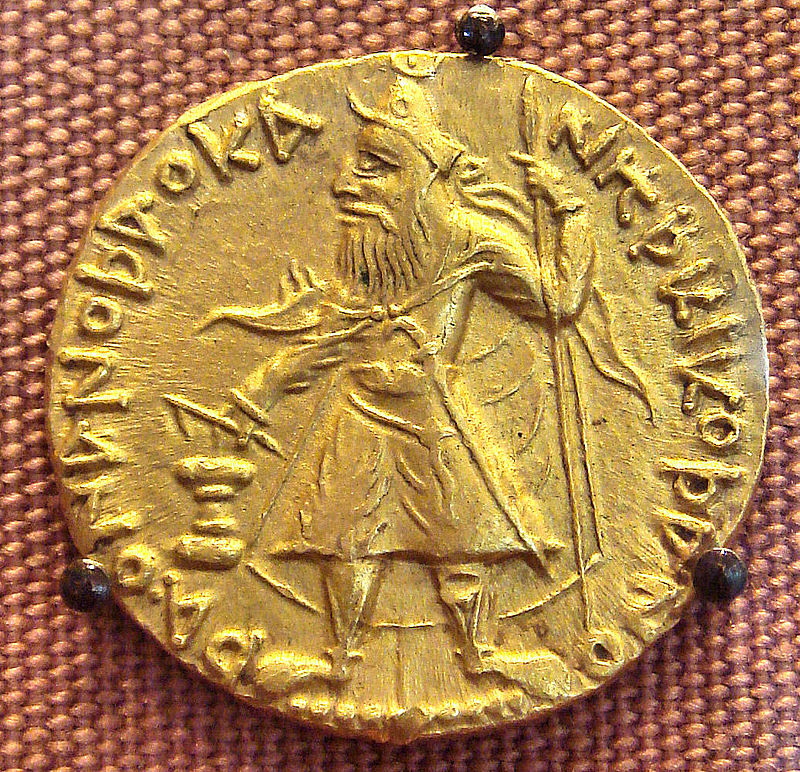
in the west, and from #Khotan in the north to, perhaps, #Konkan in the south.
The dates and findspots of some of the inscriptions of #Kanishka I are interesting:
#Kosam inscription dated year 2,
#Sarnath inscription dated year 3,
#Mathur¹ inscription dated year 4,
#Suivihar inscription dated year 11, and
#Manikiala inscription dated year 18.
#AFG
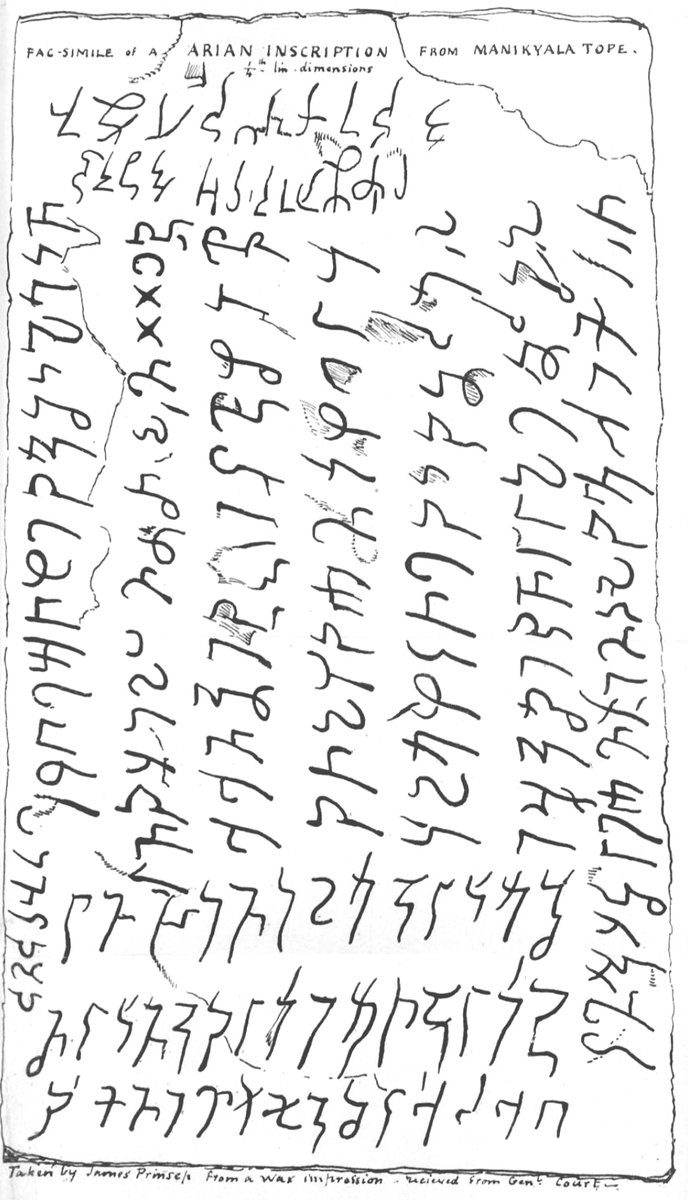
Kanishka I, belonged to the Little #Yüeh-chih branch settled in Tibet, entered #India through #Kashmir.
He carved out a principality for himself somewhere in #UttarPradesh, sometime after the death of V’ima #Kadphises.
He then extended his sway towards the west and the northwest.
However, the recently discovered #Rabatak inscription #SurkhKotal shows that he was, in fact, the son and successor of V’ima Kadphises.
Kanishka I attained several military successes in the east.
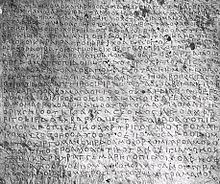
He is known, from the combined testimony of the literary, epigraphic, and numismatic sources, to have ruled over an extensive dominion extending from Bihar in the east to #Khorasan
@atalbrave https://t.co/o9dOqR8bDg

Now, #Kanishka, sometimes known as the great, the most celebrated of #Kushans, the founder of his own era, the great conqueror, the \u2018inventor\u2019 of #Bactrian writing. This will be a language & coin galore. #Afghanistan 1/ kr pic.twitter.com/Ji30OIIZiI
— Afghan Historians (@AfghanHistorian) August 10, 2019
in the west, and from #Khotan in the north to, perhaps, #Konkan in the south.
The dates and findspots of some of the inscriptions of #Kanishka I are interesting:
#Kosam inscription dated year 2,
#Sarnath inscription dated year 3,
#Mathur¹ inscription dated year 4,
#Suivihar inscription dated year 11, and
#Manikiala inscription dated year 18.
#AFG

Kanishka I, belonged to the Little #Yüeh-chih branch settled in Tibet, entered #India through #Kashmir.
He carved out a principality for himself somewhere in #UttarPradesh, sometime after the death of V’ima #Kadphises.
He then extended his sway towards the west and the northwest.
However, the recently discovered #Rabatak inscription #SurkhKotal shows that he was, in fact, the son and successor of V’ima Kadphises.
Kanishka I attained several military successes in the east.

Faces of Guangyuan. Here are some (previously unseen) photographs from late-nineteenth century Sichuan, China. They come from the unpublished journals of missionary Florence Beauchamp, and I’ll add some more when I can. [1/?]
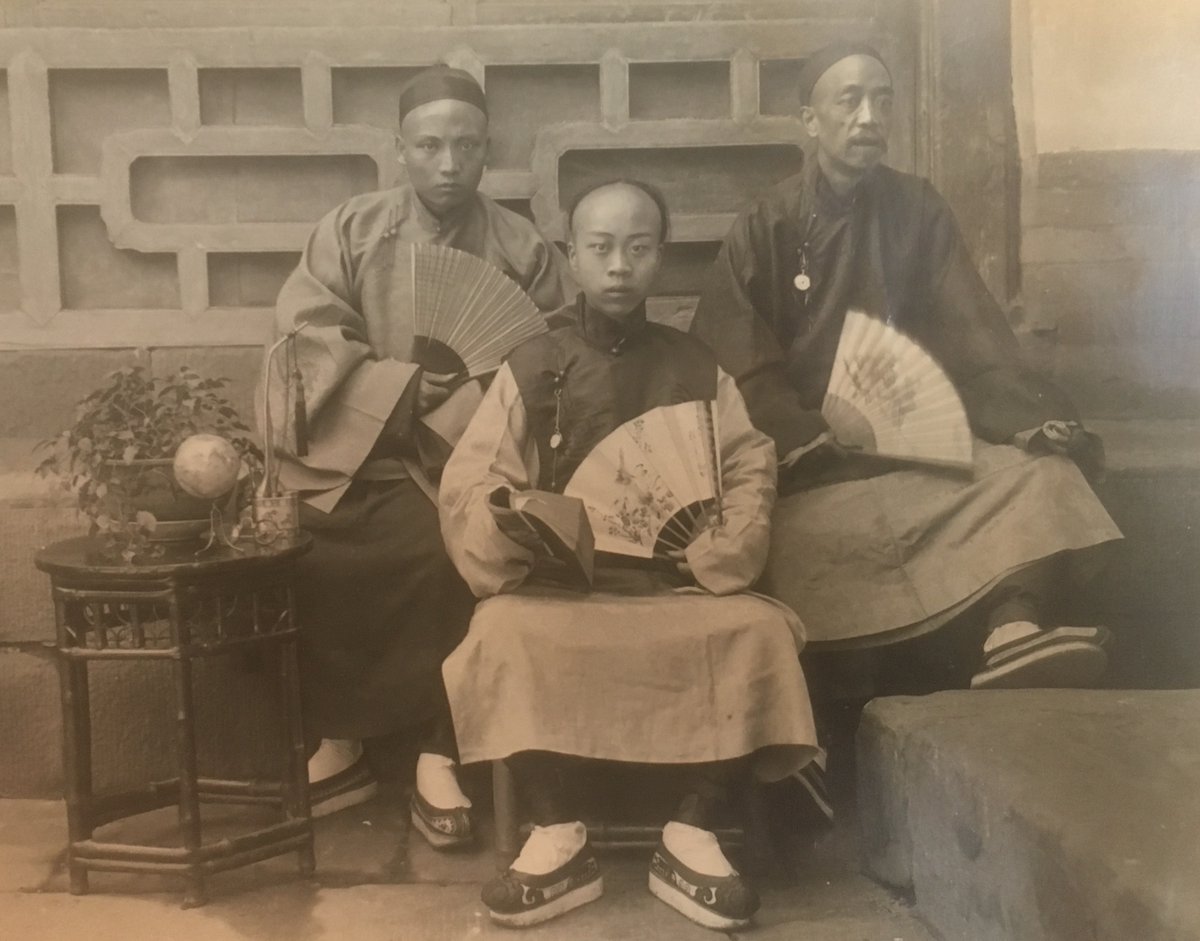
[2/?] Florence and Montagu Beauchamp were missionaries for the (Protestant) China Inland Mission. The story of how they got there is pretty special, but you may need to wait for my forthcoming book to see what I mean! For now, there’s this:
Florence had guests pose for photos in their courtyard. This is Song Dalaoye [宋(?)大老爷], the ‘mayor’ of Guanyuan: ‘He is in his robe of office and chain of official rank, and is holding his hand painted silk fan. His man servant holds his tobacco pipe ready for use.’ [3/?]
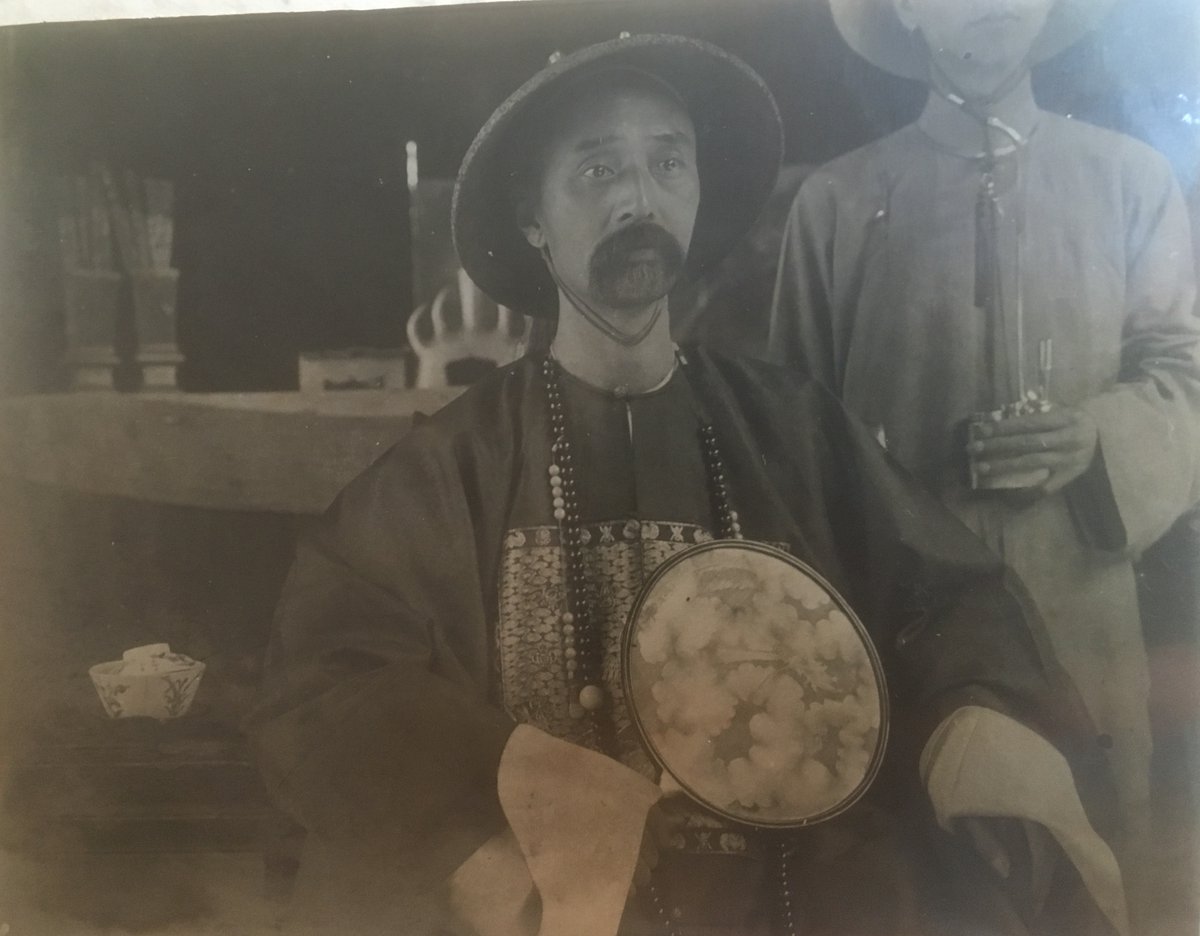
At Spring Festival, Montagu went to the Yamen (official residence) 'to photo the 'big man' as he came out in his open chair… At the riverside amidst the letting off of crackers, [he] gets out of his chair and prostrates himself in worship of the coming Spring.’ [4/?]
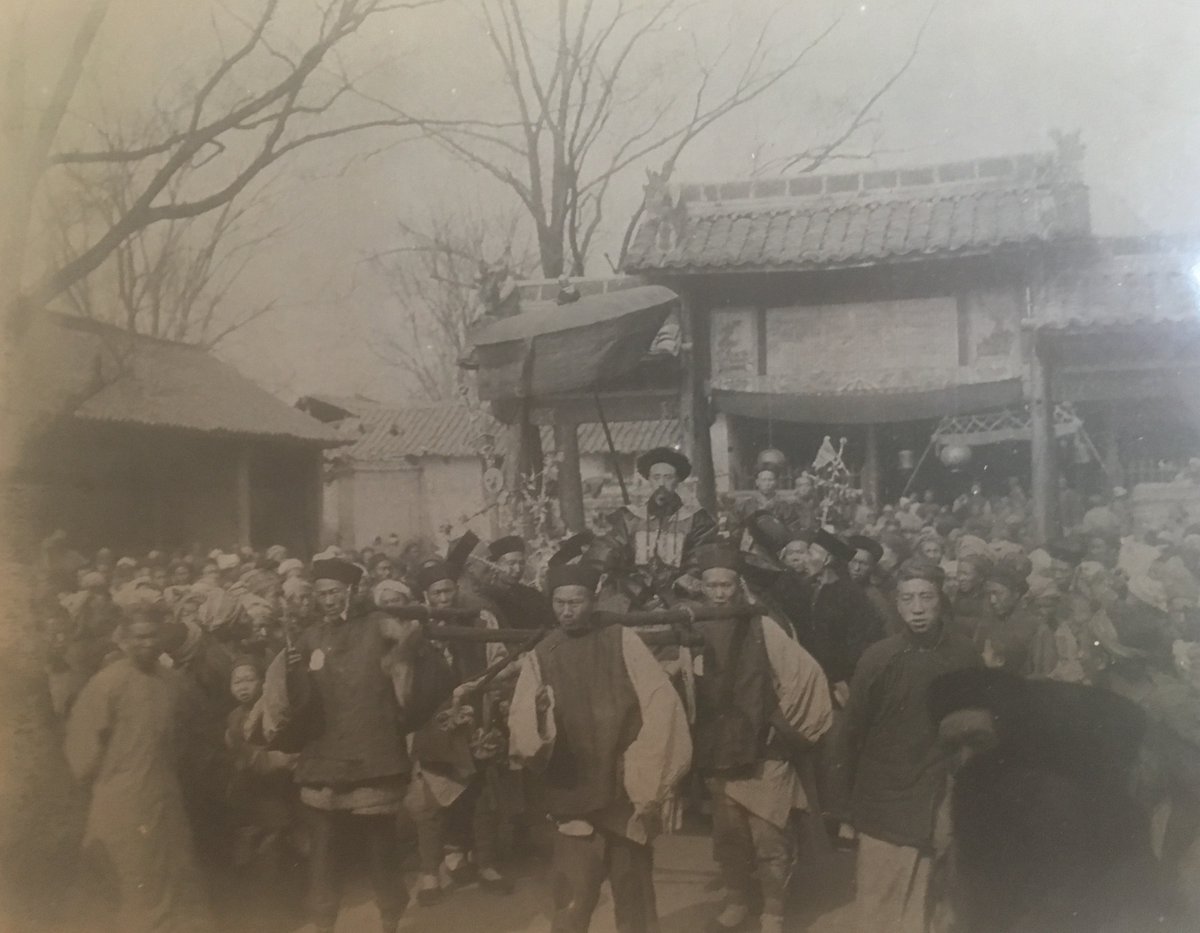
These men might (might!) be Yamen ‘runners’, (probably unpaid) assistants of Song Dalaoye or the magistrate. Runners were despised by foreigners and Chinese alike, ‘squeeze’ (i.e. corruption) being their only means of survival. [5/?]
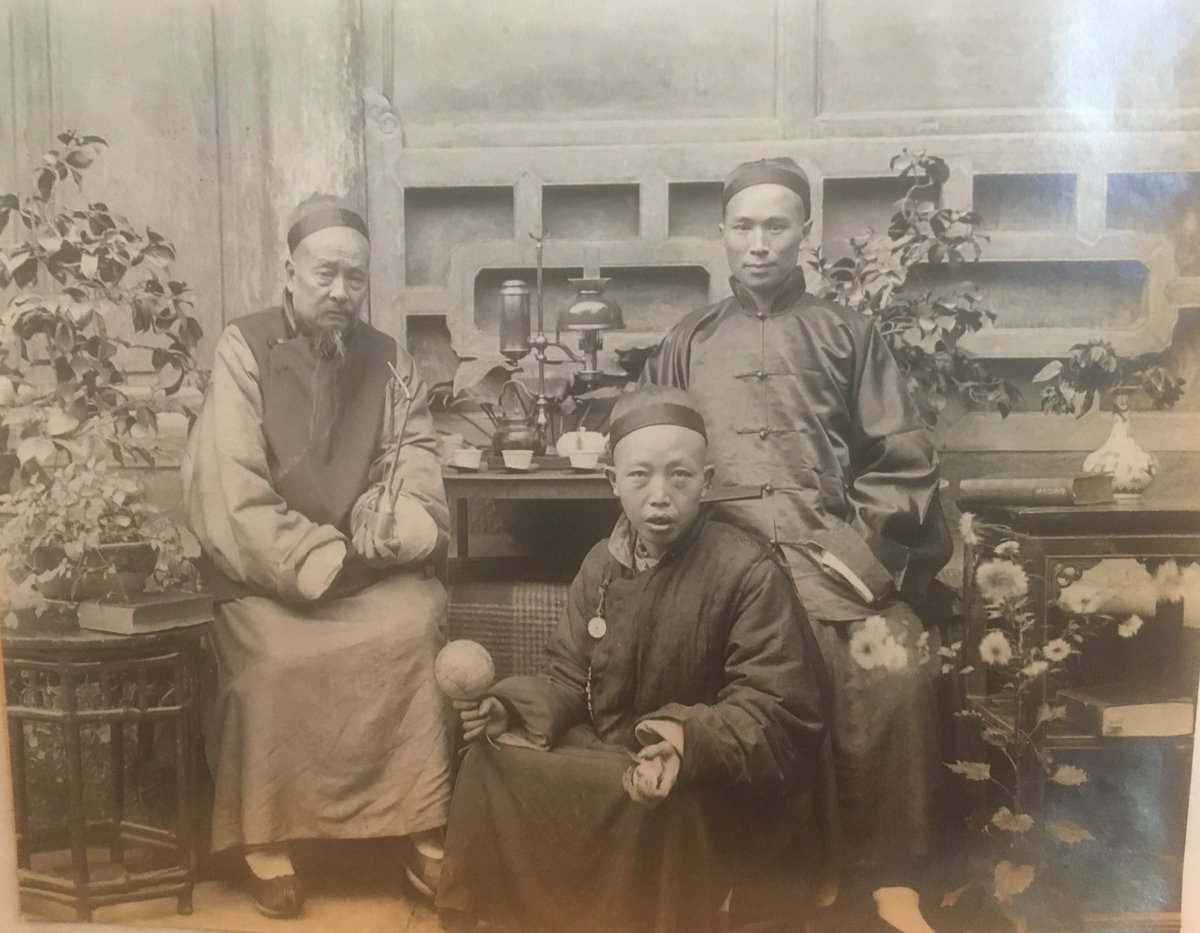

[2/?] Florence and Montagu Beauchamp were missionaries for the (Protestant) China Inland Mission. The story of how they got there is pretty special, but you may need to wait for my forthcoming book to see what I mean! For now, there’s this:
No Barriers to Love. Here are some more extracts from China missionary Florence Beauchamp\u2019s journals, from New Year of 1900. Perhaps her experiences offer some perspective, if not comfort, to those of us who have had a lonely year. [1/12] pic.twitter.com/4moEjuOCn0
— Dan Hopper (@evohopp) December 30, 2020
Florence had guests pose for photos in their courtyard. This is Song Dalaoye [宋(?)大老爷], the ‘mayor’ of Guanyuan: ‘He is in his robe of office and chain of official rank, and is holding his hand painted silk fan. His man servant holds his tobacco pipe ready for use.’ [3/?]

At Spring Festival, Montagu went to the Yamen (official residence) 'to photo the 'big man' as he came out in his open chair… At the riverside amidst the letting off of crackers, [he] gets out of his chair and prostrates himself in worship of the coming Spring.’ [4/?]

These men might (might!) be Yamen ‘runners’, (probably unpaid) assistants of Song Dalaoye or the magistrate. Runners were despised by foreigners and Chinese alike, ‘squeeze’ (i.e. corruption) being their only means of survival. [5/?]




